Schedule and Events
Keynote and Plenary Speakers
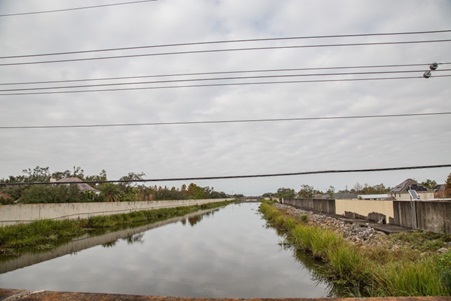
05:00PM (CT)
Great Hall A/B
The plenary session will showcase local storytellers who examine the intersection between historical racialized oppression and injustice with various environmental problems in their communities in Louisiana. The storytelling events can be described as “live documentaries” that are designed to create multisensory, immersive experiences. These events combine live storytelling, real-time audio composition, and whole-space projections to create visceral, change-making experiences.
Presenters, Storytellers, Community Scientists, and Artists:
Monique Verdin, Citizen of the Houma Nation, Director of The Land Memory Bank & Seed Exchange
Gaynell Brady, Executive Director, Our Mammies
Angela Chalk, DHA, GIP, Founder and Executive Director, Healthy Community Services
Joy Banner, PhD, Co-Founder and Co-Director, The Descendants Project
Creative Team:
Kendall Moore, PhD, University of Rhode Island
Alex DeCiccio, University of Rhode Island
Patrick Flanagan, University of Rhode Island
Ryan Campos, University of Rhode Island
Faye Thomas, University of Rhode Island
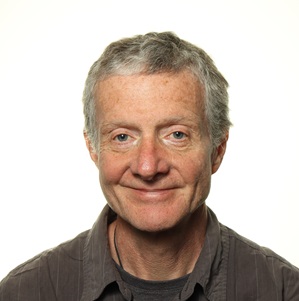
11:30AM (CT)
Great Hall A/B
Don Canfield is Professor of Ecology and Villum Investigator at the University of Southern Denmark, having received a bachelor’s degree in chemistry from Miami University in Oxford, Ohio, and a PhD in geochemistry from Yale University. Don has worked at understanding the interface between the chemical and biological evolution of the Earth. Don’s approach explores modern ecosystems and organisms, including organismal physiology, as they inform Earth evolution.
Don is a member of the National Academy of Sciences of the USA and a foreign member of the Royal Societies of London, Denmark, and Sweden. He is fellow of the Geochemical Society, the American Association of Microbiology, AGU, AAAS and has received the Vladimir Vernadsky Award from EGU, the Urey Prize from EAG and the Villum Kaan Rasmussen Award.
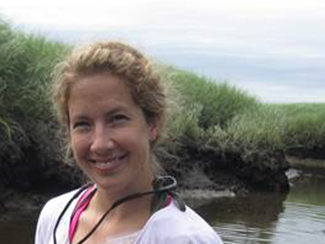
10:30AM (CT)
Great Hall A/B
Robinson W. (“Wally”) Fulweiler is an ecosystems ecologist and biogeochemist by training. She heads a laboratory at Boston University focused on answering fundamental questions about energy flow and biogeochemical cycling of nutrients (nitrogen, phosphorus, and silica), carbon, and oxygen in a variety of environments. She is especially interested in how anthropogenic activities affect the ecology and elemental cycling of ecosystems on a variety of scales, from local nutrient loading to global climate change.
Her latest research is centered on the transformations of elements across the land-ocean continuum, the ultimate fate of nitrogen in the marine environment, the impact of climate change on benthic-pelagic coupling, and the role of coastal systems in greenhouse gas budgets. Her group also builds new instruments and low-cost sensor packages to help improve access to and data coverage for coastal ecosystems.
Wally earned her MS (2003) and Ph.D. (2007) in Oceanography from the Graduate School of Oceanography at the University of Rhode Island. She completed her postdoctoral research at Louisiana State University. In 2008 she started at Boston University, was awarded tenure in the Department of Earth and Environment and the Department of Biology in 2014, was promoted to Full Professor in the spring of 2021. Her professional honors include a Sloan Fellowship in 2012, the Cronin award from the Coastal Estuarine Research Federation in 2013, and the Metcalf Cup and Prize in 2019 - BU's highest teaching and mentoring award.
In addition to her scientific endeavors, she is a passionate advocate for women and parents, especially mothers, in science. A primary goal of her career is to help create an equitable scientific community where individuals do not simply survive but thrive.
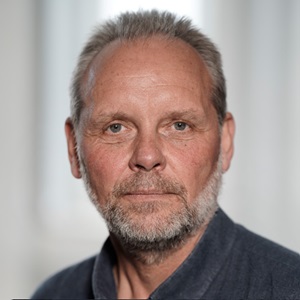
10:30AM (CT)
Great Hall A/B
Ronnie N Glud is professor in Biogeochemistry at University of Southern Denmark. He received his PhD from University of Aarhus and has since worked at several universities and Research institutions, including The Max Planck Institute for Marine Microbiolgy and Copenhagen University. Ronnie has worked at understanding carbon and nitrogen cycling in a wide range of benthic habitats, but with particular focus on polar and deep-sea environments. His work often involves advanced sensor approaches and in situ technology. Ronnie is a member of Royal Danish Academy of Science and letters; he has been awarded an Advanced Grant by the European Research Council and is leading the Danish Center for Hadal Research.
Dr. Glud is the 2023 recipient of AGU’s Harald Sverdrup Lecture, recognizing his outstanding contribution to atmospheric and oceanographic research. He will present the Sverdrup lecture at the Awards Plenary.
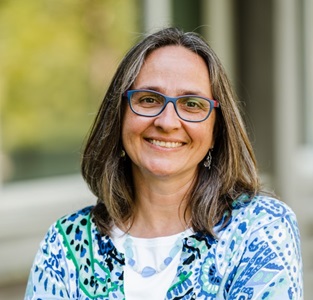
10:30AM (CT)
Great Hall A/B
Dr. Elizabeth B. Kujawinski is a Senior Scientist in the Marine Chemistry and Geochemistry Department at Woods Hole Oceanographic Institution. She is recognized by her peers as a world leader in the emerging field of environmental metabolomics. Dr. Kujawinski’s research and contributions to methodological developments have transformed our understanding of the molecules that mediate ocean biogeochemical process. In addition to her research, Dr. Kujawinski is active in service to the marine science community, most recently through her role as Director of the Center for Chemical Currencies of a Microbial Planet, a National Science Foundation-funded Science and Technology Center.
Dr. Kujawinski is being presented with ASLO’s 2024 G. Evelyn Hutchinson award “for her groundbreaking research in marine chemistry and marine metabolomics and her unwavering commitment to service and leadership in the ocean science community.”
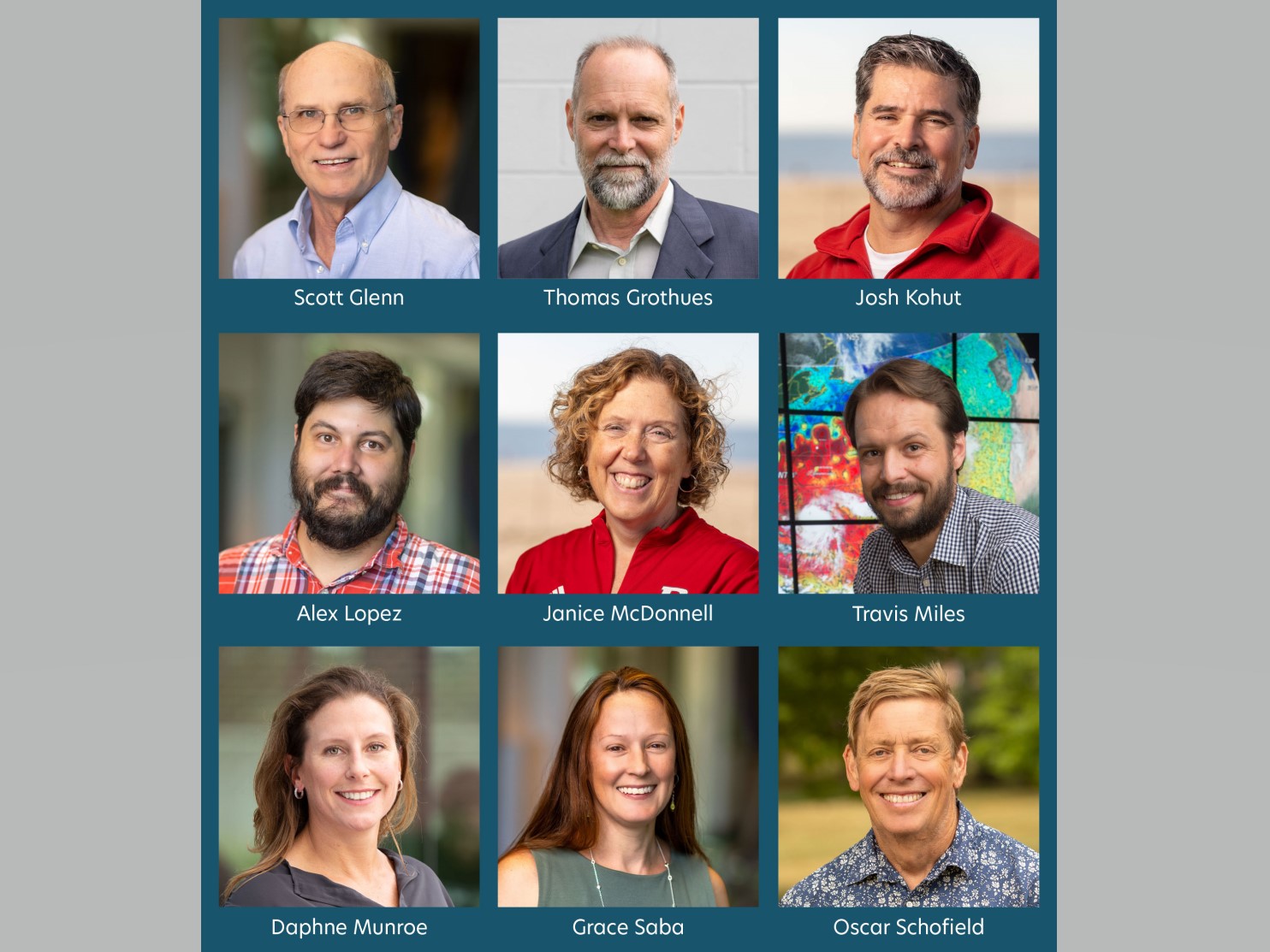
10:30AM (CT)
Great Hall A/B
Rutgers University Center of Ocean Observing Leadership has for over thirty-one years been a leader in oceanography innovating new technologies, exploring the ocean, developing integrated ocean observing/modeling networks, and educating the next generation of oceanographers. RUCOOL is a multi-generational group of senior and junior faculty that together have formed a transdisciplinary group addressing societal needs, promoting public outreach, and helping create an ocean-literate society. RUCOOL has distinguished itself with a focus on data transparency and open access.
The representative members of the RUCOOL team recognized for this award are Scott Glenn, Thomas Grothues, Josh Kohut, Alex Lopez, Janice McDonnell, Travis Miles, Daphne Munroe, Grace Saba, and Oscar Schofield.
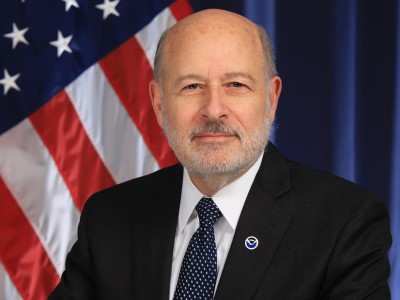
06:15PM (CT)
Great Hall A
Richard (Rick) W. Spinrad, Ph.D., was sworn in on June 22, 2021 as the Under Secretary of Commerce for Oceans and Atmosphere and the 11th NOAA Administrator. Dr. Spinrad is responsible for the strategic direction and oversight of the agency and its over 12,000 employees, including developing NOAA’s portfolio of products and services to address the climate crisis, enhancing environmental sustainability and fostering economic development, and creating a more just, equitable, diverse, and inclusive NOAA workforce.
Most recently, Dr. Spinrad served as a Professor of Oceanography and Senior Adviser to the Vice President of Research at Oregon State University (OSU). He was also Vice President for Research at OSU from 2010-2014. Previously, Dr. Spinrad served as NOAA’s Chief Scientist under President Barack Obama from 2014 until 2016. He also led NOAA’s Office of Oceanic and Atmospheric Research and National Ocean Service from 2003-2010. While at NOAA, Dr. Spinrad co-led the White House Committee that developed the nation’s first set of ocean research priorities and oversaw the revamping of NOAA’s research enterprise, including the development of the agency’s Scientific Integrity policy.
Dr. Spinrad received his B.A. in Earth and Planetary Sciences from The Johns Hopkins University, and his M.S. and Ph.D. in Oceanography from Oregon State University.
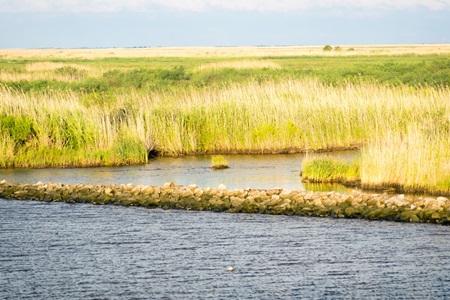
04:00PM (CT)
Great Hall A
The Friday Plenary will feature a discussion on the relationship of local Tribal communities to water. The indigenous tribes have endured natural and man-made disasters throughout time and have responded resiliently to the changing environment of South Louisiana and continue to live on and off their ancestral lands. What can Scientists learn from these lessons? The Plenary will feature representatives from the First People’s Conservation Council of Louisiana and will be moderated by Dr. Richard Crout.